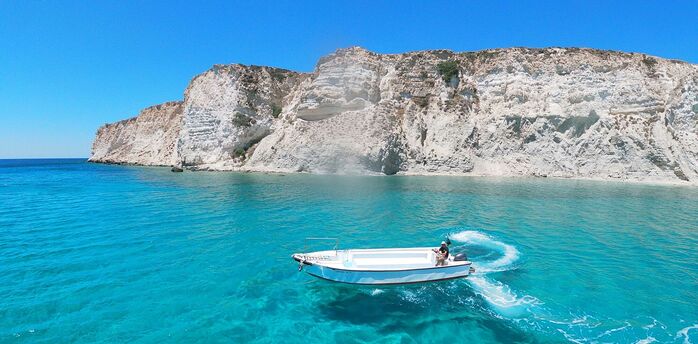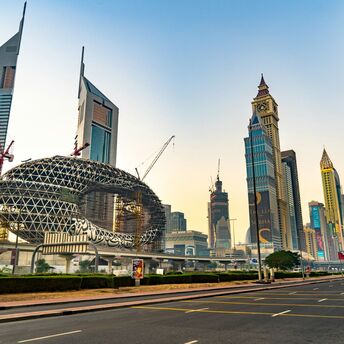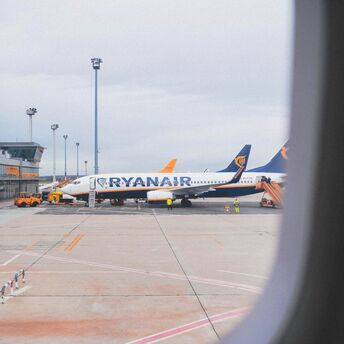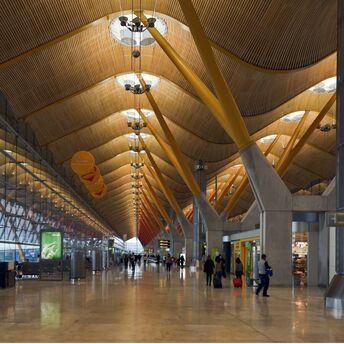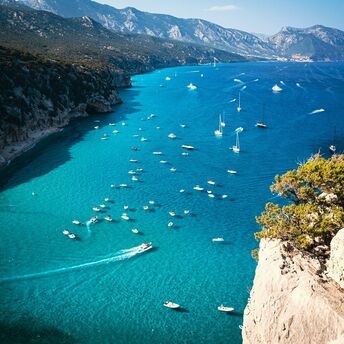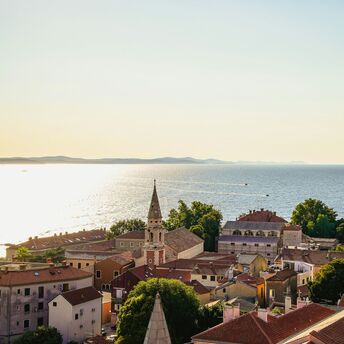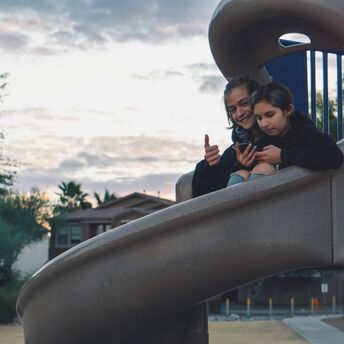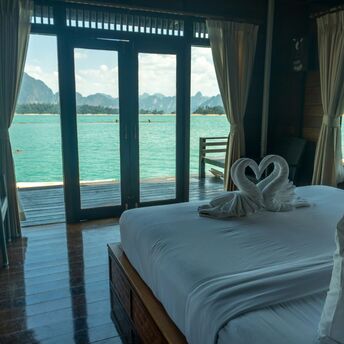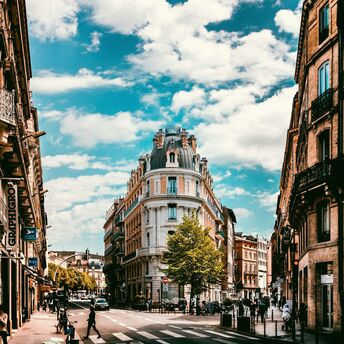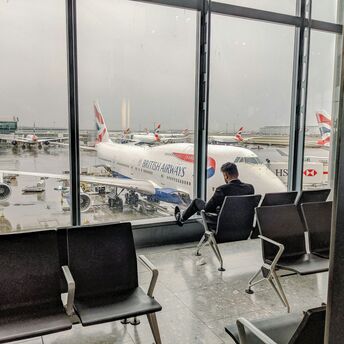Conflict in Mallorca: How the Alcohol Ban Affects Relations Between Tourists and Locals

On the beaches and streets of Palma de Mallorca, one of Europe's most popular resorts, a conflict is brewing between local residents and tourists. Local authorities have introduced strict measures to combat alcohol tourism, banning drinking on the streets and beaches. Violators face fines of up to 1,500 euros, and shops selling alcohol are required to close no later than 9:30 p.m. However, despite these measures, chaotic parties by tourists, most of whom are from Germany, continue, causing dissatisfaction among the local population.
Local residents, such as Luis, who has lived in Palma de Mallorca for 25 years, express their frustration and helplessness. According to him, tourism has completely changed the face of the island, turning it into a continuous drinking spree. Residents are forced to sleep with earplugs due to constant noise, and the streets and beaches are daily littered with garbage left by vacationers. Luis and other residents have joined neighborhood associations, demanding strict enforcement of the new rules by authorities.
The Tourism Industry and Challenges for Hoteliers
The situation with mass drinking also worries local business owners, such as Beatric Chini, who has managed a German restaurant in Mallorca for over 50 years. She notes the deterioration in relations between tourists and locals, now feeling like a foreigner on an island where she once felt at home. Pedro Marine, the chairman of the local hoteliers' association, is also concerned about Mallorca's reputation and seeks to improve hotel quality and prices to attract more respectful tourists. According to him, there is a need to raise awareness among tourists in their home countries about the importance of respectful behavior at the resort.
Ineffectiveness of Measures and Future Prospects
Despite the measures introduced, authorities face difficulties in enforcing them. Local residents are disappointed with the lack of tangible changes, despite multiple appeals to the Balearic Islands government. The problem, according to Luis and others, is that the economic benefits of tourism hinder real change. If the situation does not improve, locals may leave areas suffering from noise and disorder, leaving them entirely to tourists.


